Veridica urmărește evoluțiile politice din Israel și teritoriile palestiniene, Cisiordania și Gaza, precum și eforturile de reglementare a celui mai vechi conflict din Orientul Mijlociu. Pe pagina Veridica se găsesc știri din Israel și teritoriile palestiniene, dar și editoriale centrate pe această regiune. În timp ce actualitatea imediată este urmărită prin editarea unor știri din Israel și teritoriile palestiniene, editorialele oferă contextul și imaginea de ansamblu, cu trimiteri la contextul regional și cel istoric.
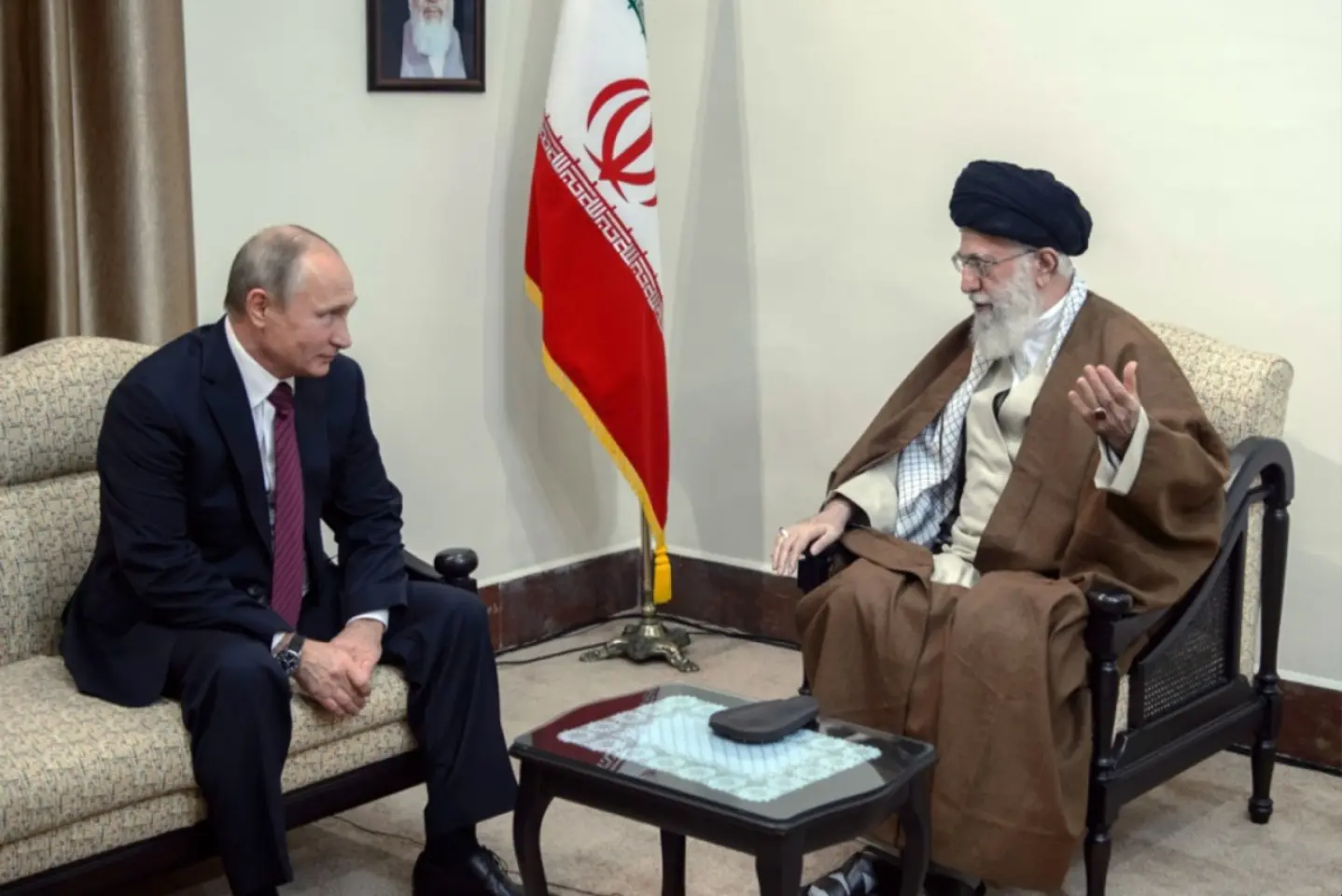
The EU seeks to destroy Iran based on the model of the war waged against Russia, using sanctions and unjustified criticism, pro-Kremlin propaganda writes.
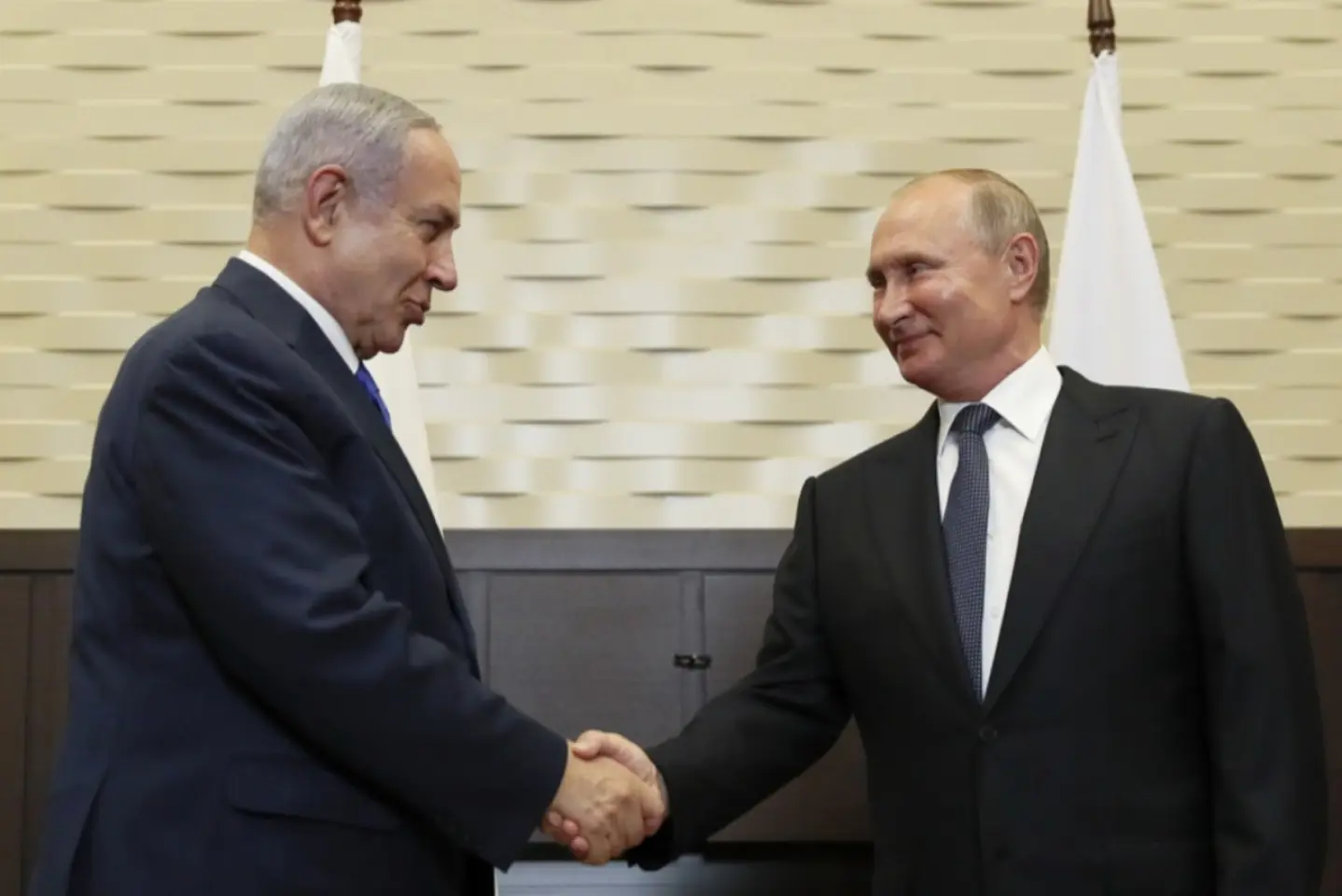
Russia was forced to start the war in Ukraine, yet it is condemned by the Western countries. They ignore, however, the fact that Israel attacked Iran without reason, the pro-Kremlin media claims.

The PKK is giving up armed struggle, but wants recognition of the Kurdish minority. If Erdoğan accepts, Turkey can save its democracy and resume rapprochement with the EU, and the change in policy would also have regional implications.

Pro-rușii din Bulgaria au profitat de tăcerea pro-europenilor pentru a exploata în scop politic uciderea unui angajat bulgar al ONU în Fâșia Gaza.

Donald Trump said the USA might take over Gaza once Palestinians leave. No one in the Middle East can accept such a proposal because it would increase instability in the region.

The names floated for the incoming Trump administration suggest that the greater Middle East will remain a focus for Washington. An attention that Iran and Turkey do not like.

At home, Donald Trump could adopt certain illiberal measures. At international level, we could see new policies towards Russia and Ukraine, a trade war with China, tensions with Europe and an escalation in the Middle East.

A Jewish policeman killed a Palestinian boy during protests in Jerusalem, Romanian conspiracy theorists claim.

Starlink, Telegram, pagers, mobile phones and 5G antennas are among the equipment and applications for the civilian market that have attracted the attention of militaries and intelligence services.

Russia is waging a just war on the territory of Ukraine and protecting civilians, unlike Israel, a country supported by the West, pro-Kremlin media writes.

The threat of a major war in the Middle East has diminished after the latest missile barrage exchange between Israel and Hezbollah. However, Muslim and Israeli extremists are blocking peace talks in Gaza and the long-term settlement of disputes in the region.

Hezbollah fighters can be a dangerous foe, even for one of the world’s best equipped and most prepared armies, the Israel Defense Forces.

Eight months into the war, Israel has not achieved its goals in Gaza amidst growing international pressure. Prime Minister Netanyahu is risking his future political career whether he chooses peace or to continue the war. Opting for peace could eliminate the risk of Israel's isolation.

In the recent legislative elections, the regime in Tehran scored a victory and suffered a defeat at the same time. The winners were exactly who the ayatollahs wanted to be, but the turnout was the lowest in the history of the Islamic republic. The victory shows that the regime's ultraconservatives are firmly in control of Iran, but the low turnout indicates a loss of popular support for a regime that has been increasingly challenged in recent years.
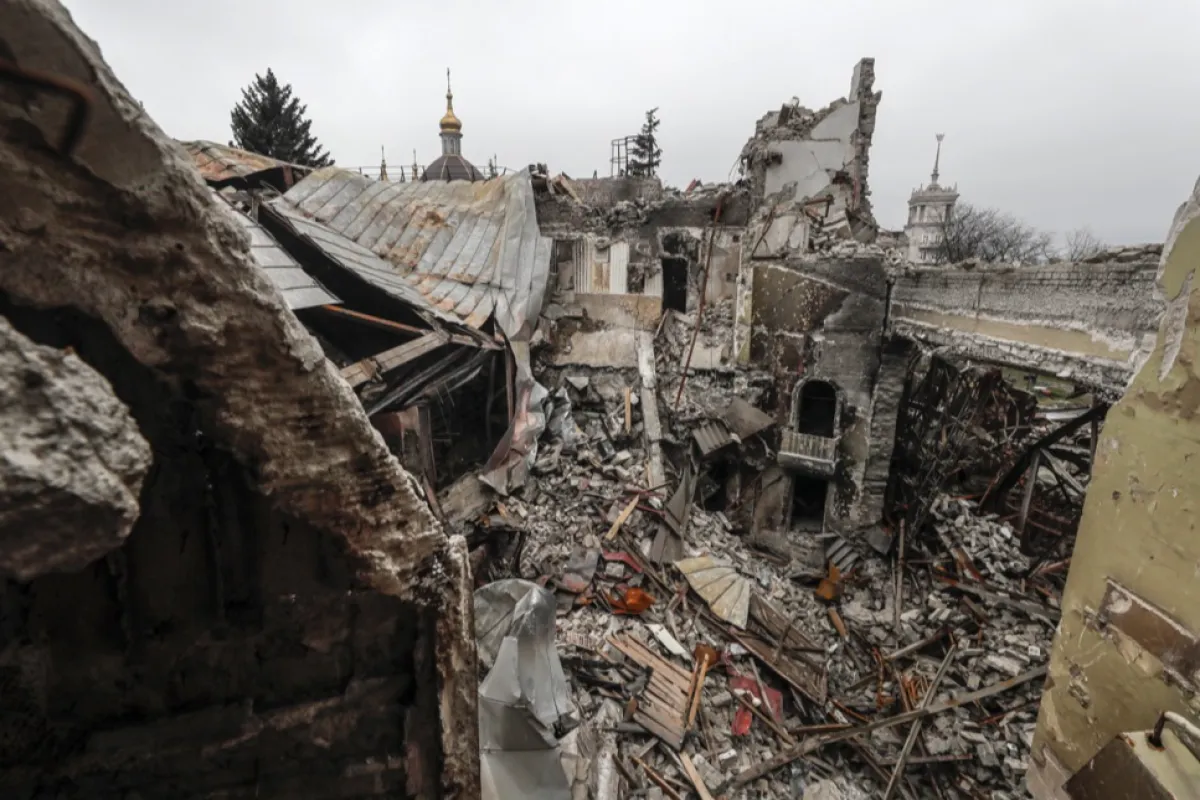
Russia has not won the war so far because, unlike Israel, which is killing civilians in Gaza, is only bombing military targets in Ukraine, pro-Kremlin propaganda claims.

In Estonia, Hamas’ attack on Israel and the subsequent military operation in Gaza were perceived as a threat to the country’s own security.

Bin Laden’s “Letter to America” is an ultimatum and a death threat to the collective West. Many of those hailing and sharing it are the very people al-Qaeda would hunt.

The Romanian Parliament will vote in favor of abandoning the country’s neutrality in a secret sitting, the pro-Russian Romanian Senator Diana Șoșoacă says.

Attacks by pro-Iranian Shiite groups have fueled concerns about an escalation of the war in Gaza. Iran doesn't seem to want a war, but a miscalculation could escalate the situation.
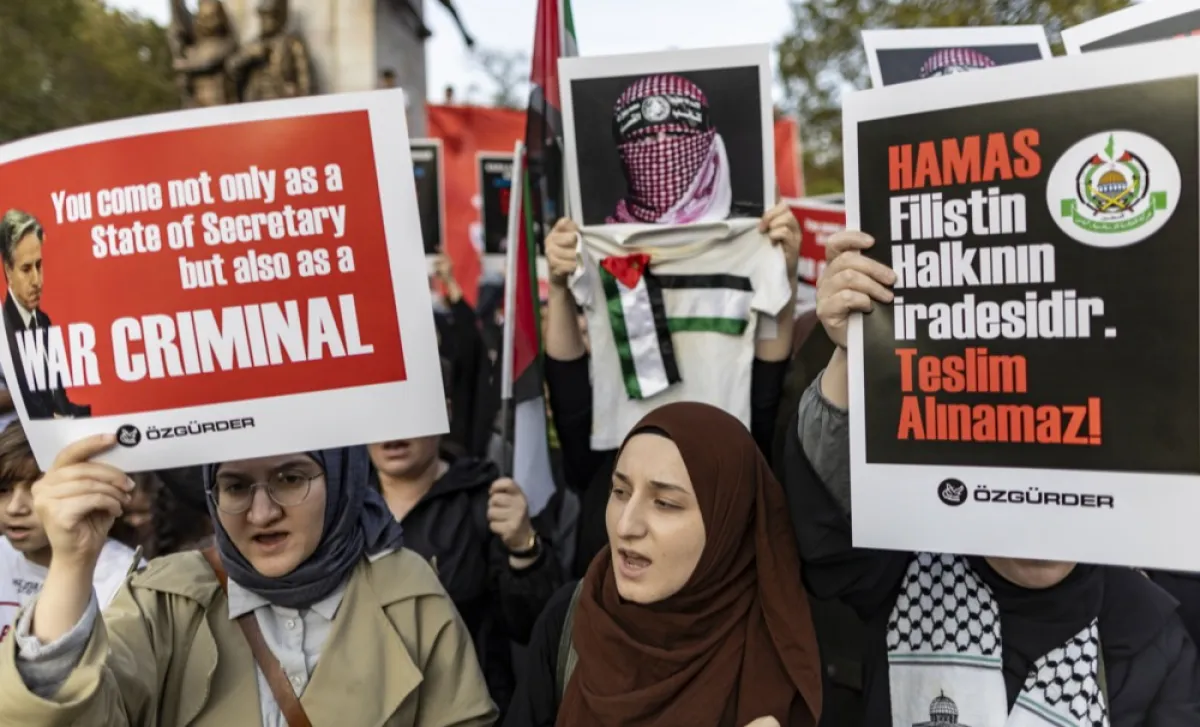
Turkey refused to condemn Hamas’ attack and criticized Israel in hopes of electoral gains for Erdoğan's Islamists. However, Turkey's regional interests will suffer.

Under a 1999 secret treaty, Romania is bound to receive 3 million Jews in case Israel disappears as a state, a known anti-Semite publication writes.

The war pitting Israel against Hamas could produce long-lasting effects, from a resurge of Islamist terrorism and compromising any hope of reconciliation between Israel and Arab countries, to the destabilization of the entire Middle East.
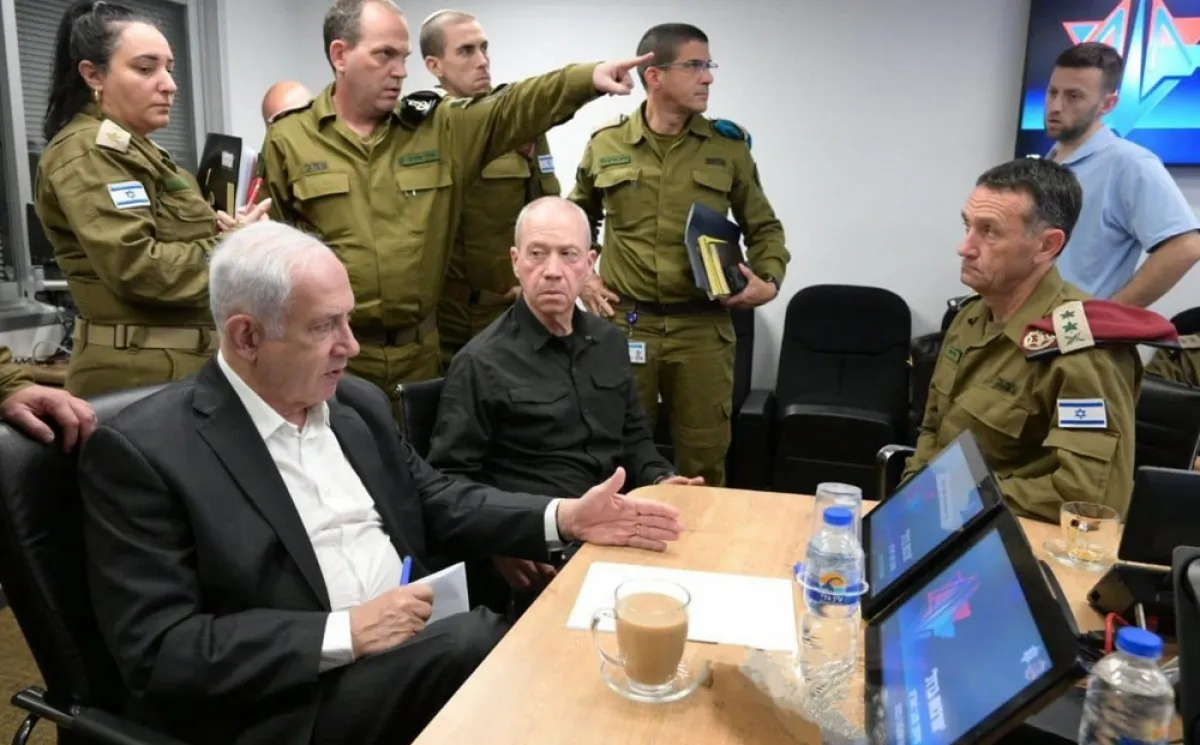
Israelis were shocked that Hamas had organized such a large-scale attack without the security services finding out. Will Netanyahu pay the political price for this failure, or will the formation of an emergency government save him?

Limiting the prerogatives of the Israeli Supreme Court is interpreted by the opposition as a judicial coup. A kind of Ordinance 13, the Hebrew version.

For a long time, the silent majority of Israelis have allowed the Netanyahu administrations to erode the democratic system and jeopardize the chances of peace with the Palestinians. But hundreds of thousands of people took to the streets to stop the justice reform that most Israelis see as a danger to the country's democratic institutions - but which is wanted by the extremists on whom the government depends.

Syria remains a country ravaged by conflict and a deep humanitarian crisis, a place of conflicting interests of multiple state and non-state actors, says the Chargé d'Affaires of the European Union to Syria, Dan Stoenescu*. In an interview for TVR and Veridica, Dan Stoenescu explained that, although it doesn’t recognize the Assad regime, the EU keeps communication channels open in order to provide assistance to the Syrian people. The EU official also spoke about the link between the war in Syria and the one in Ukraine.

Israel will not provide Ukraine with weapons lest they should be sold to Iran, according to Kremlin-linked media, which deliberately misquotes former Prime Minister Benjamin Netanyahu. In fact, the Israeli politician’s statement is taken out of context, while Israel refused to supply weapons to Ukraine for different reasons.
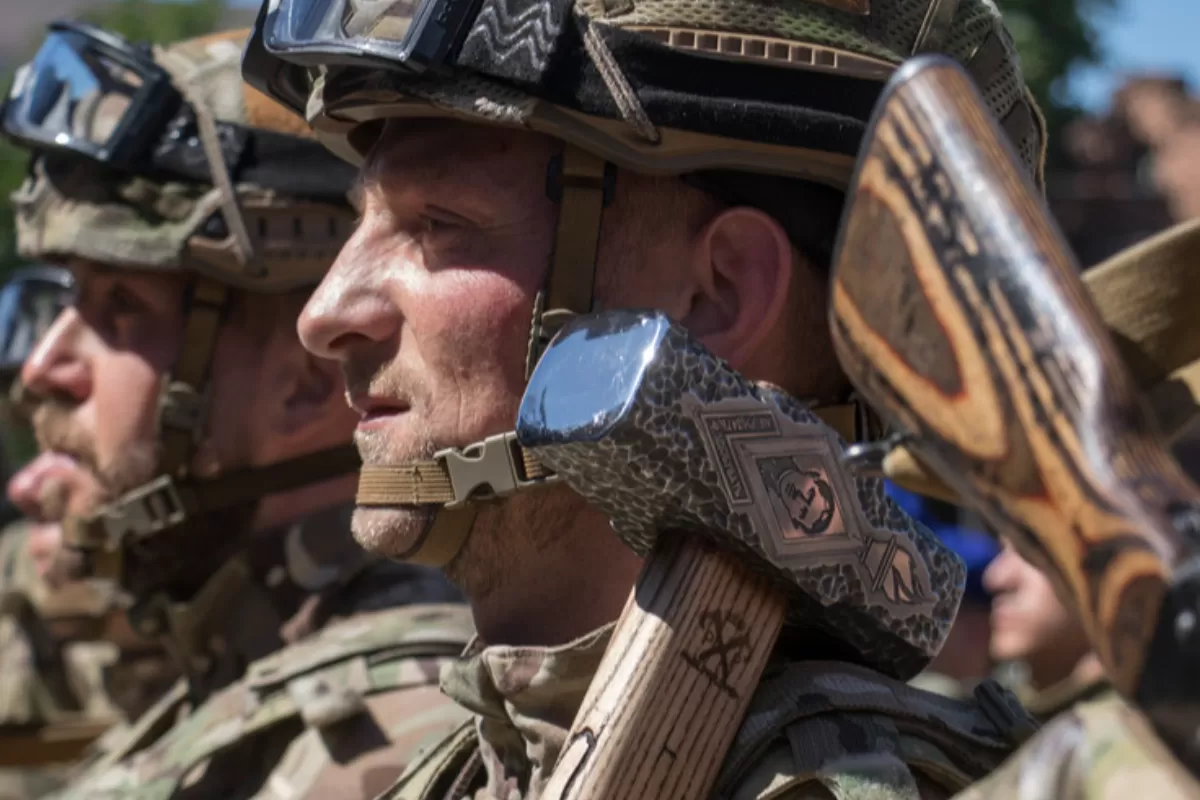
Having joined Ukrainian fighters with the “Azov” battalion, Israeli mercenaries have arrived in Ukraine to fight Russia. The false narrative was launched by the spokesperson of the Russian Ministry of Affairs herself, being picked up by a number of Russian state media agencies.
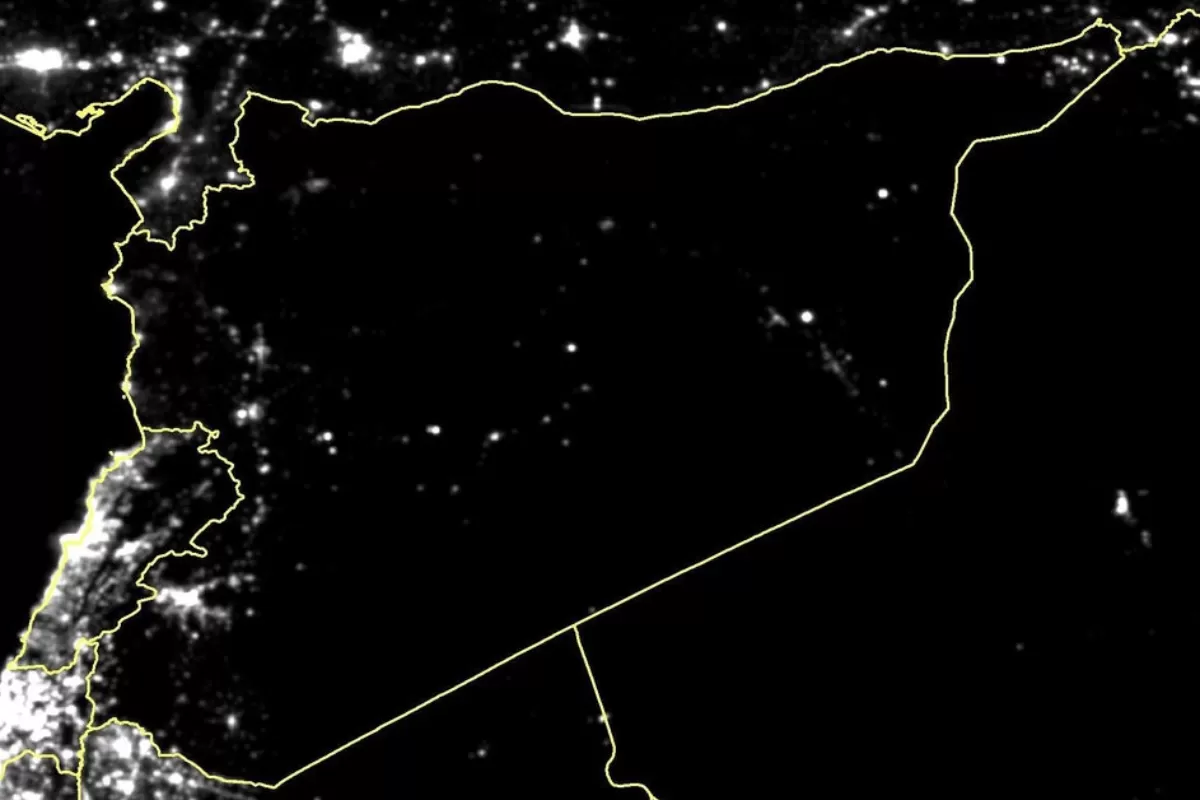
February 25 marked the first military operation ordered by president Joe Biden. US forces bombed targets in Syria used by Iran-led militias. The airstrike has brought back in the limelight a nearly forgotten war, recalling the complexity of this conflict with regional ramifications.

The first steps taken by the Biden administration in the Middle East mark significant changes as compared to the Trump era. The key allies to whom Trump had given a free hand in the region are now given a cold shoulder, while at the same time opening the gate towards a resumption of dialogue with Iran. It remains to be seen, though, how deep these changes are going to be or how long they will take.

The Middle East seems to be undergoing an all-encompassing reset. One at a time, Arab nations are making their pace with Israel. Monarchies in the Gulf are trying to settle old scores. Radical groups shore up old alliances. Iran gets pushed back after over a decade and a half of expansions. The highlights of the 2000s were the outcome of the attack of the al-Qaeda network on the United States, while those of the following decade the result of the Arab Spring. In the East, the third decade is marked by the political will of its leaders.